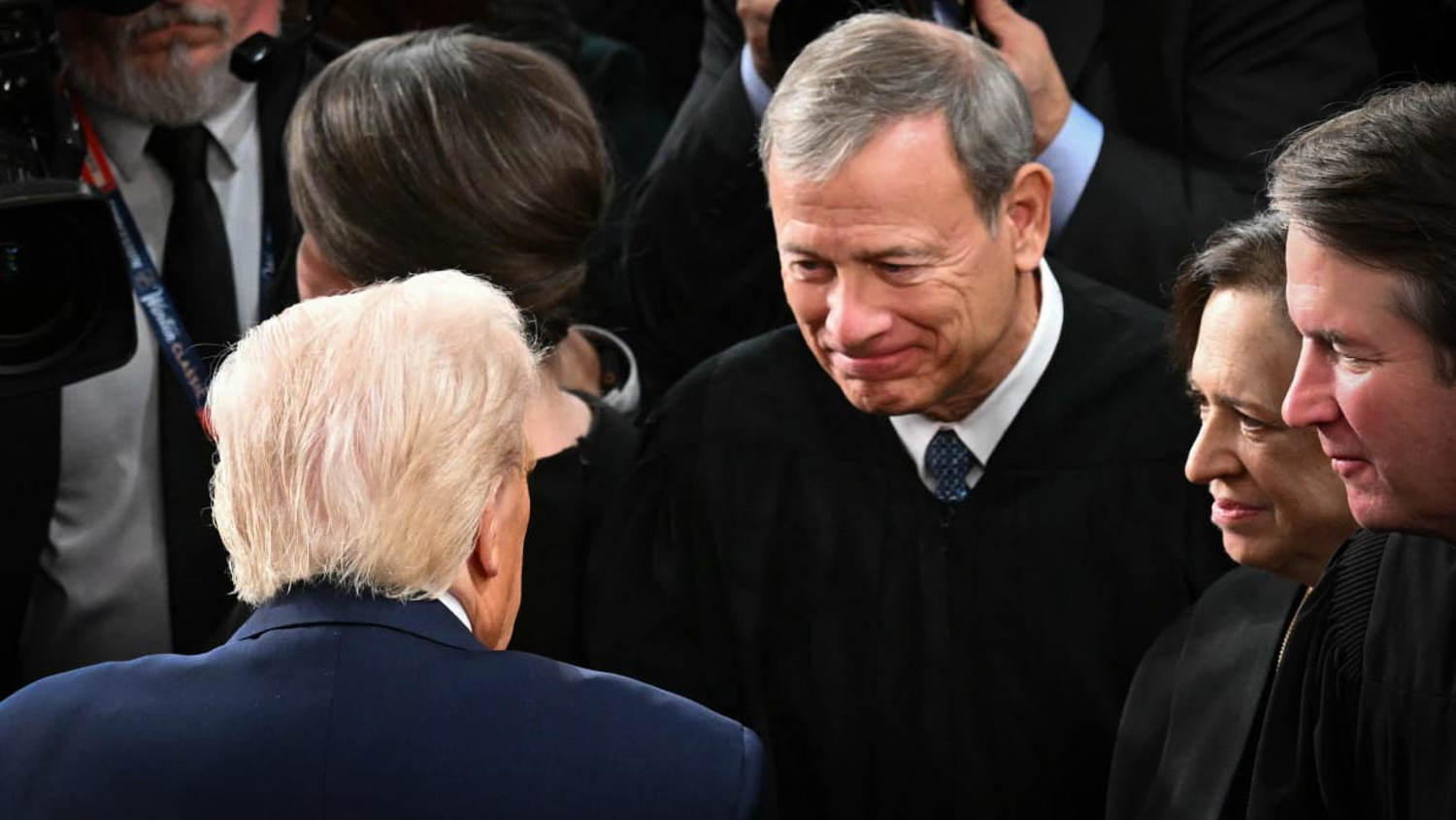WASHINGTON The Supreme Court has so far avoided directly confronting former President Donald Trump, even when ruling against him in certain cases. Last year, during deliberations on whether to grant Trump broad immunity from prosecution, Justice Neil Gorsuch highlighted the enduring nature of the court's decision, stating it was "for the ages" and applied beyond just Trump's situation.
Legal experts note that the court's approach suggests a desire to avoid the appearance of political bias. By framing decisions in broad, legal terms rather than focusing specifically on Trump, the court aims to maintain its perceived impartiality. This strategy also allows the justices to address complex legal issues without being drawn into the highly charged political atmosphere surrounding the former president.
However, critics argue that the court's caution may be seen as a reluctance to fully hold Trump accountable. They contend that the unique circumstances of his presidency warrant a more direct and forceful response from the judiciary. The debate over the Supreme Court's handling of Trump-related cases is likely to continue as new legal challenges arise.
Supreme Court Sidesteps Direct Trump Confrontation in Rulings

The Supreme Court has navigated cases involving former President Donald Trump without directly confronting him, even in rulings against his positions. Justice Neil Gorsuch emphasized that the court's decisions on presidential immunity have long-term implications. This approach reflects a careful balancing act by the court in handling politically sensitive issues. The court's decisions impact not only Trump but future presidents as well.
Source: Read the original article at NBC